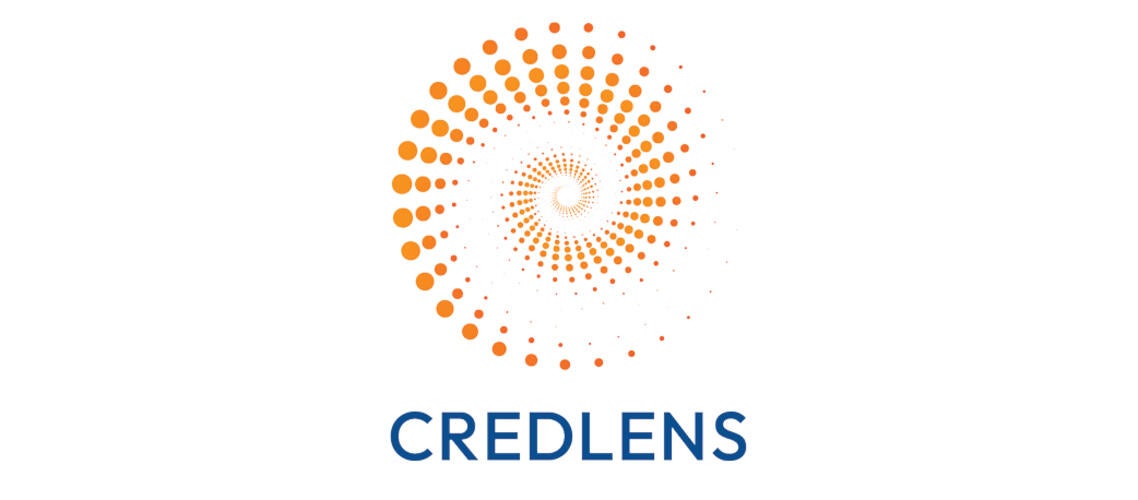Campaign to Invest in America’s Workforce (CIAW) FY24 House Appropriations Letter
The Honorable Kay Granger
Chair
House Committee on Appropriations
Washington, DC 20515
The Honorable Rosa DeLauro
Ranking Member
House Committee on Appropriations
Washington, DC 20515
Dear Chair Granger and Ranking Member DeLauro:
On behalf of the undersigned organizations who make up the Campaign to Invest in America’s Workforce (CIAW), we write to express our strong opposition to the recently introduced FY24 House Labor-HHS-ED appropriations bill which, if enacted, would have a devastating impact on the publicly funded workforce system and the millions of workers, learners, and employers it helps to support. CIAW is a diverse coalition of national organizations that offer direct services, advocacy, research, and policy development to help people of all ages and backgrounds attain in-demand skills, succeed in postsecondary education and training, and secure family-sustaining employment. We urge you to vote against this misguided proposal unless funding is restored for workforce development that, at a minimum, maintains FY23 levels of investment, without cutting funding from other critically important education and workforce development programs.
The bill proposes to eliminate more than 60 percent, or $3.6 billion, of funding for workforce development programming. If enacted, this bill would have an immediate and devastating impact on the nation’s publicly funded workforce system. By rescinding $712 million of FY23 formula funding from Adult Employment and Training activities provided by the Workforce Innovation and Opportunity Act (WIOA), the bill would effectively defund the nation’s primary funding stream for quickly connecting adults with employment and training opportunities. Further, the bill proposes to eliminate WIOA Youth Activities formula funding, which connects young people nationwide with career exploration, education, and employment opportunities. In addition, the bill would eliminate the Job Corps program, which offers a chance at a fresh start for tens of thousands of young people annually through enriched residential education and job training programming as well as the Senior Community Service Employment Program (SCSEP), which helps low-income seniors update their skill sets, build work experience and confidence, and continue to have economic security and well-being.
In short, this bill will hinder access to career and supportive services for millions, end employment and training opportunities for almost half a million and would extinguish talent pipelines that employers of all sizes depend on.
With massive technological change underway through the widespread adoption of Artificial Intelligence and ongoing demographic challenges, this legislation is grossly misaligned with the economic and societal realities the United States faces today. For instance, 75 percent of employers report difficulties in finding qualified workers with the necessary skills and training to fill current openings, millions of jobs remain open, and labor force participation remains at its lowest point in decades.
These trends are set to continue, meaning that the education, training, and skills required to be successful in today's economy are changing rapidly. The same programs that this bill would eliminate or drastically divest from are intended to respond to these economic trends, mitigate their impacts on workers, and help more individuals contribute to our shared economy.
Without sustained investments in workforce development, labor productivity and economic growth will falter as businesses within our communities struggle to find talent. This will significantly diminish America’s future economic competitiveness as peer and near-peer economies continue to increase investments in workforce development and education. Equally as important, this proposal runs counter to arguments regarding fiscal responsibility as it would increase populations eligible for social safety net programs, while decreasing the tax base, increasing the deficit in the near term and the national debt in the long term. More troubling, this proposal would disproportionately impact our nation’s most vulnerable populations – women, people of color, individuals with disabilities, individuals without high school diplomas, returning citizens, immigrants, senior citizens, justice-involved individuals, rural communities, veterans, and youth. Evidence overwhelmingly indicates that we must further engage these populations because we simply do not, and will not, have enough skilled workers to supply current and emerging labor market demand. Regardless of circumstance, it is in the nation’s interest to invest in the American workforce and this proposal runs counter to this important objective.
For these reasons, the undersigned organizations that comprise CIAW urge you to provide workforce development funding that, at a minimum and without cutting other education and workforce development programs, maintains FY23 levels as the FY24 appropriations process continues to move forward. CIAW thanks you for your consideration of our request and would welcome the opportunity to discuss the needs of our communities with you further.
Sincerely,
Advance CTE
American Federation of Teachers
Association for Career and Technical Education
Coalition on Adult Basic Education (COABE)
Coalition on Human Needs
Corporation for a Skilled Workforce (CSW)
Easterseals, Inc.
Goodwill Industries International, Inc.
Jobs for the Future (JFF)
Local Initiatives Support Corporation (LISC)
National Association of Development Organizations
National Association of Regional Councils
National Association of State Workforce Agencies
National Association of Workforce Boards
National Association of Workforce Development Professionals
National Council on Aging
National Job Corps Association
National League of Cities
National Skills Coalition
National Youth Employment Coalition
Public Advocacy for Kids (PAK)
The Corps Network
United States Workforce Associations
YouthBuild USA
CC: House Democratic and Republican Leadership
Senate Democratic and Republican Leadership





























